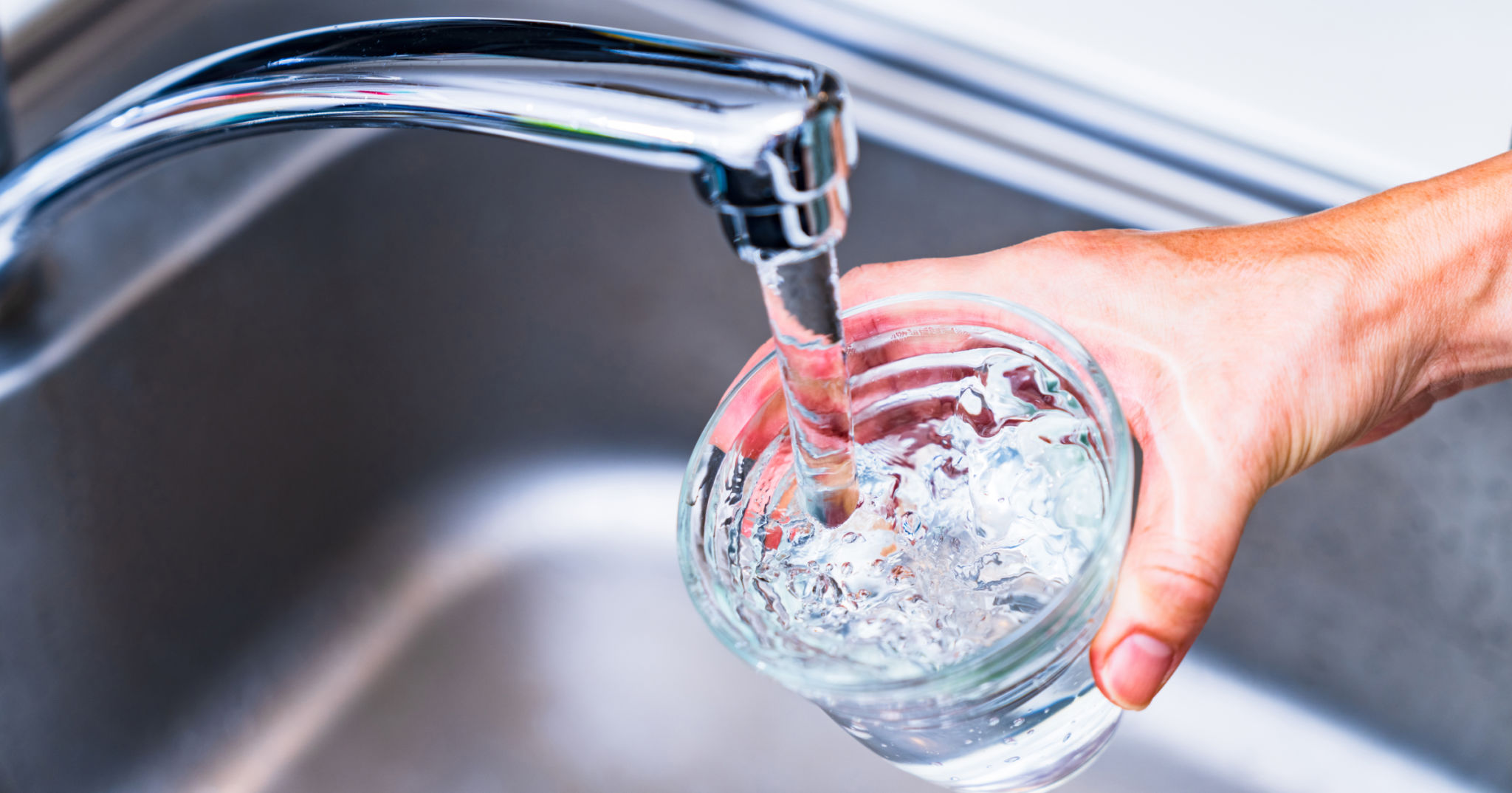Expert Tips: Maintaining a Healthy Diet During Ramadan
Understanding the Importance of Nutrition During Ramadan
Ramadan is a significant time for Muslims worldwide, marked by fasting from sunrise to sunset. While this period is spiritually enriching, it can also pose challenges to maintaining a balanced diet. It's crucial to focus on nutrition to ensure your body receives the necessary nutrients and energy throughout the fasting month.

Plan Your Meals Wisely
Meal planning plays a vital role in maintaining a healthy diet during Ramadan. Begin by creating a balanced Suhoor (pre-dawn meal) that includes complex carbohydrates and protein to sustain energy levels throughout the day. Consider foods like oatmeal, whole-grain bread, and eggs. For Iftar (breaking the fast), start with light options such as dates and water before moving on to a wholesome meal that includes lean proteins, vegetables, and healthy fats.
Having a plan ensures you’re not overwhelmed with choices when hunger sets in. It’s also a good idea to prepare meals ahead of time to avoid last-minute unhealthy choices.
Stay Hydrated
Hydration is key during Ramadan, especially since fasting periods can be long and taxing on the body. Drink plenty of water between Iftar and Suhoor to keep your body well-hydrated. Avoid caffeinated beverages as they can lead to dehydration. Instead, opt for herbal teas or fresh fruit juices.

Incorporating Nutrient-Rich Foods
Focus on incorporating nutrient-dense foods into your diet. These include fruits, vegetables, whole grains, and lean proteins. Such foods provide essential vitamins and minerals that support overall health and wellbeing. A colorful plate is often a sign of a nutritious meal, so aim to include a variety of colors in your meals through different fruits and vegetables.
Nutrient-rich foods help in maintaining energy levels and supporting bodily functions, which can be particularly beneficial during fasting hours.
Practice Portion Control
Portion control is essential to avoid overeating during Iftar. After a long day of fasting, it might be tempting to indulge in large meals quickly, but doing so can lead to discomfort and digestive issues. Start with small portions and allow your body to adjust by eating slowly. This practice not only aids digestion but also helps you enjoy your meal fully.

Mindful Eating and Listening to Your Body
Practicing mindful eating is another effective way to maintain a healthy diet during Ramadan. Pay attention to hunger and fullness cues, and prioritize eating slowly and without distractions. This approach encourages better digestion and satisfaction with meals.
Listening to your body’s signals is essential. If you feel full, resist the urge to continue eating just because food is available. Focus on quality over quantity.
Supplementation When Necessary
While it's best to obtain nutrients from whole foods, supplementation might be necessary for some individuals during Ramadan. Consider consulting with a healthcare professional to determine if supplements like vitamin D or omega-3 fatty acids are needed based on your dietary intake and lifestyle.
Supplements should not replace meals but can support nutritional intake if certain nutrients are lacking from your diet.
Conclusion: Balance and Moderation
Maintaining a healthy diet during Ramadan requires planning, mindfulness, and balance. By focusing on nutrient-rich foods, staying hydrated, and practicing portion control, you can ensure that your body remains nourished throughout this holy month. Remember that moderation is key, and listening to your body will help you meet its needs effectively.
